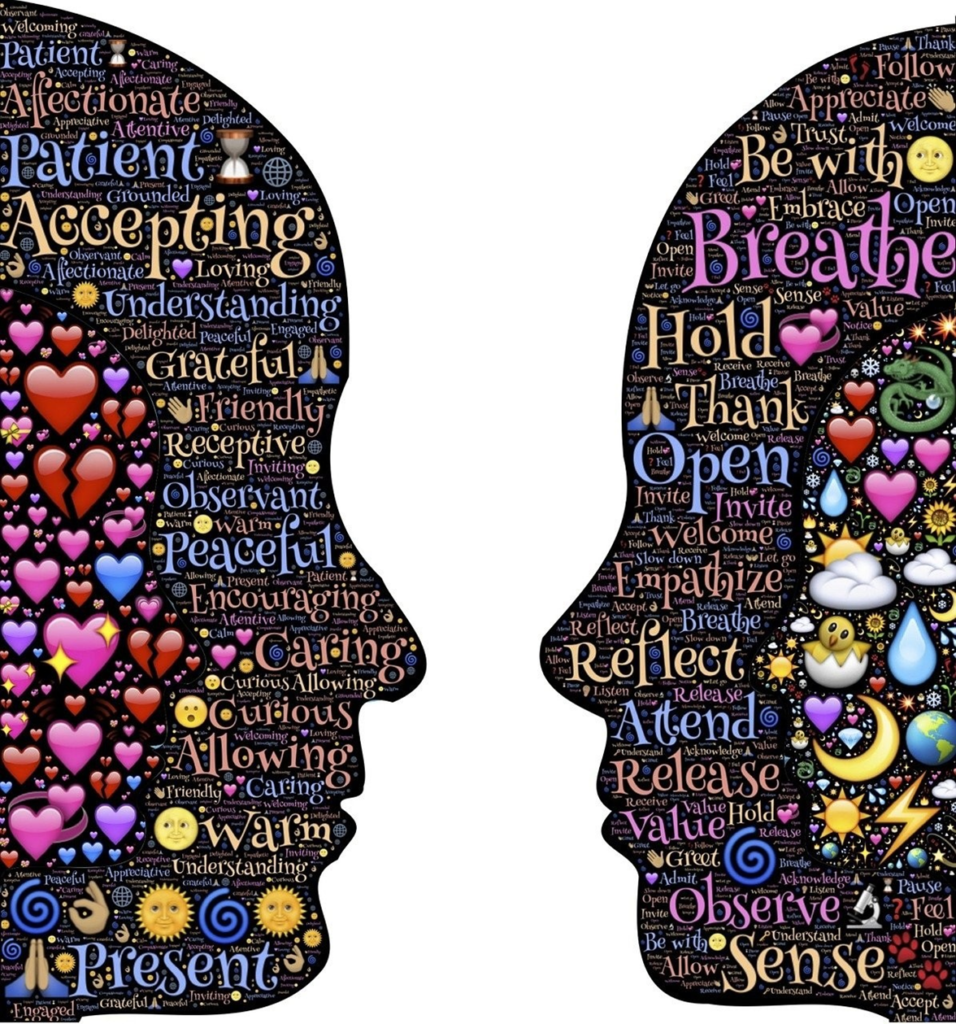
As we continue to see the rise of technology, specifically Artificial Intelligence or AI, it is important to consider the ethical implications of this technology. AI has the potential to change the world, but as with any new technology, there are ethical concerns that need to be addressed. In this article, we will explore the definition of AI, the importance of ethics in AI, and the current state of affairs in the field of AI and ethics.
Defining Artificial Intelligence (AI)
Artificial Intelligence (AI) is a branch of computer science that focuses on creating machines that can perform tasks that typically require human intelligence. Some examples of tasks that AI can perform include speech recognition, decision-making, and visual perception. AI can be broken down into two categories, narrow or weak AI, and general or strong AI. Narrow AI is designed to perform a specific task, while general AI is designed to perform any intellectual task that a human can.
Understanding the Ethics of AI
AI is a powerful technology that has the potential to change the world, but it also has the potential to cause harm. The ethical concerns surrounding AI are vast, and they include issues such as bias, privacy violations, and job displacement. If AI is not developed and deployed ethically, it could have negative consequences for society.
The Importance of Ethics in AI
The importance of ethics in AI cannot be overstated. AI has the potential to change the world, and it is essential that it is developed and deployed ethically. Ethical AI can help to ensure that the technology is used for the benefit of society rather than for the benefit of a few. Ethical AI can also help to ensure that the technology is developed in a way that is fair and just.
AI and Data Science
AI is closely tied to data science. AI requires data to learn and make decisions. The data that AI uses can come from a variety of sources, including social media, healthcare records, and financial records. The use of this data raises ethical concerns, such as privacy violations and bias.
AI Ethical Issues
There are several ethical issues that arise in the field of AI. One of the biggest concerns is bias. AI systems can be biased if they are trained on data that is not representative of the population. This can lead to discrimination against certain groups of people. Another ethical concern is privacy violations. AI systems can collect and use personal data without the person’s consent. This can lead to violations of privacy and even identity theft.
The Missing Justification in AI
One of the biggest challenges in the field of AI and ethics is the missing justification. AI systems can make decisions that are difficult to explain. This makes it difficult to determine whether the decision was made ethically or not. This is a significant concern, as it can lead to decisions that are discriminatory or unjust.
Ethics and AI: Current State of Affairs
The current state of affairs in the field of AI and ethics is mixed. While there are many organizations that are working to develop and deploy ethical AI, there are also many organizations that are not. The lack of regulation in the field of AI is also a concern, as it can lead to the development of AI systems that are not ethical.
Palo Alto Networks Values: Ethical AI
Palo Alto Networks is a company that values ethical AI. They recognize the importance of ethical AI and are committed to developing and deploying AI systems that are ethical. They have developed a set of ethical principles that guide their work in the field of AI. These principles include transparency, accountability, and fairness.
Human AI: The Future of AI and Ethics
The future of AI and ethics is human AI. Human AI is AI that is designed to work with humans, rather than replace them. Human AI can help to ensure that AI is developed and deployed ethically. Human AI can also help to ensure that the benefits of AI are shared with everyone, rather than just a few.
SAP Training Free: Ethical AI
SAP offers free training courses on ethical AI. These courses are designed to help individuals and organizations understand the importance of ethical AI and develop the skills needed to develop and deploy ethical AI systems. The courses cover topics such as bias, privacy, and transparency.
Conclusion: The Future of AI and Ethics
AI has the potential to change the world, but it is essential that it is developed and deployed ethically. Ethical AI can help to ensure that the technology is used for the benefit of society rather than for the benefit of a few. The future of AI and ethics is human AI. Human AI can help to ensure that AI is developed and deployed ethically and that the benefits of AI are shared with everyone. We at Taskdepend provide the best AI service. Kindly mail us your requirements to get started.




